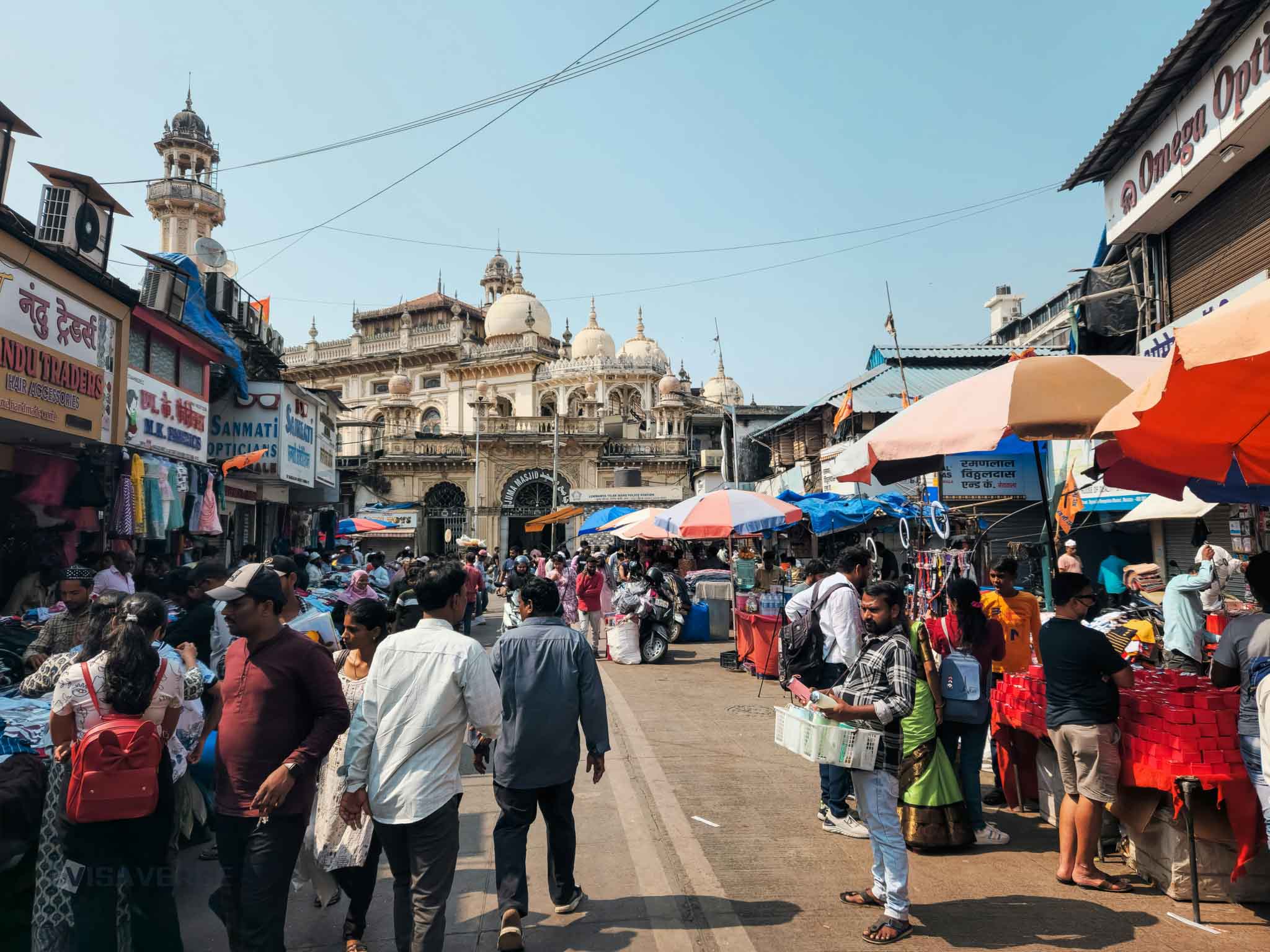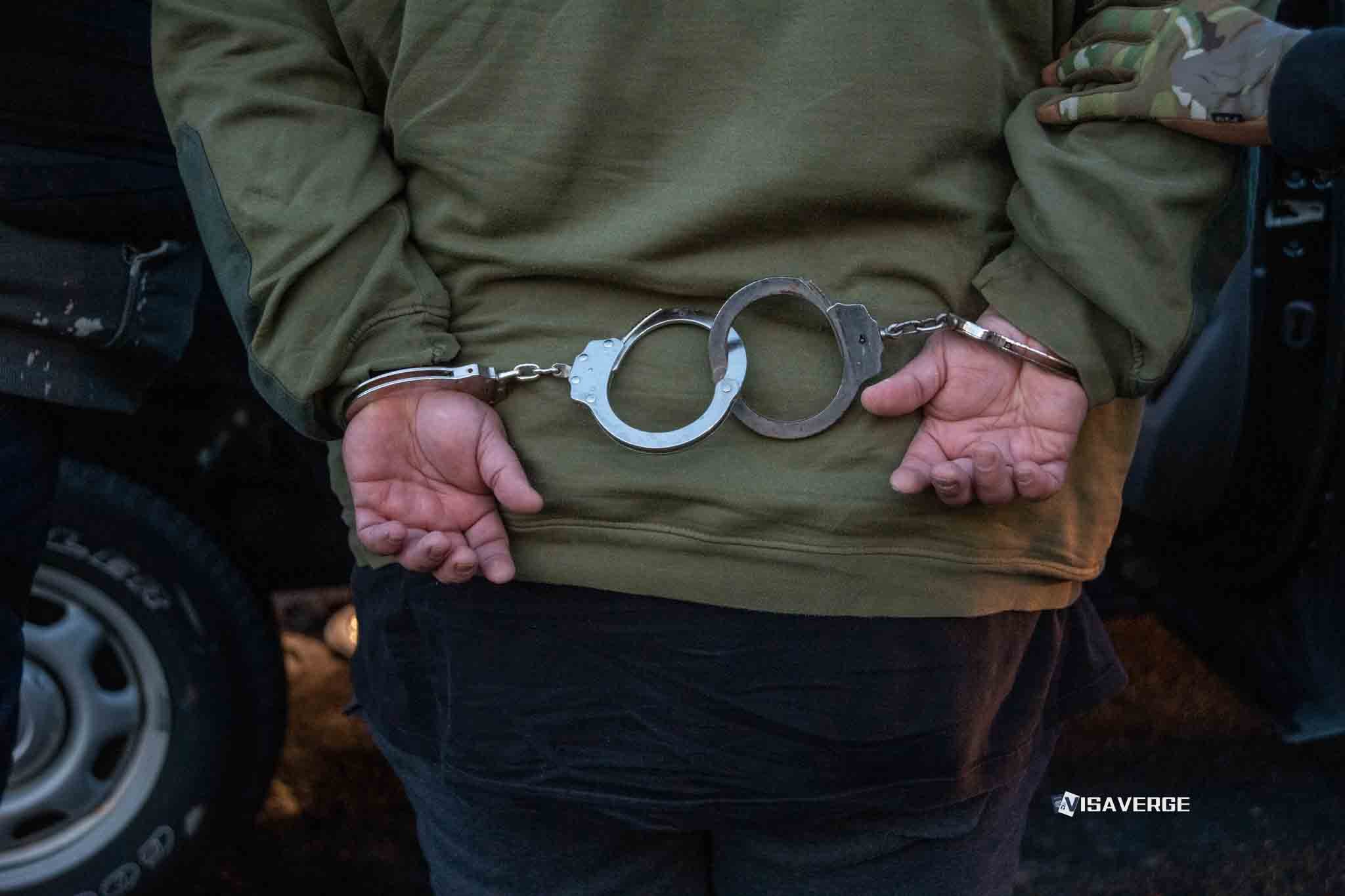A major development has emerged from Bihar as the Special Intensive Revision (SIR) of electoral rolls uncovers about 11,000 voters marked as “not traceable.” This finding, reported on July 21, 2025, raises serious questions about the accuracy of Bihar’s voter lists and the possible presence of illegal immigrants. With the SIR process nearing completion, officials and the public are watching closely to see how these issues will affect the upcoming electoral roll and the integrity of future elections.
What Happened and Why It Matters

During the SIR process, booth-level officers (BLOs) visited homes across Bihar to verify the details of registered voters. In about 11,000 cases, the officers could not find the voters at their listed addresses. Neighbors either did not know these individuals or confirmed that the addresses did not exist. This situation has led to concerns that some of these “not traceable” voters may be illegal immigrants who managed to get voter IDs through weak checks or corrupt practices.
The issue is especially important because Bihar shares a border with countries like Bangladesh 🇧🇩, making it a region where cross-border migration is a real concern. The presence of unverified voters could allow for bogus voting, which threatens the fairness of elections and the trust people have in the system.
How the Special Intensive Revision Works
The Special Intensive Revision is a process designed to clean up and update the electoral rolls. It involves:
- House-to-house verification: BLOs visit every address listed in the voter rolls to confirm that the person actually lives there.
- Checking supporting documents: Officers ask for proof of identity and address to make sure the information is correct.
- Recording findings: If a voter cannot be found, or if the address does not exist, the officer marks the entry as “not traceable.”
- Public feedback: After the draft roll is published, people can file claims or objections to correct mistakes.
This process is meant to catch errors, remove duplicate or fake entries, and ensure that only eligible citizens can vote.
Key Numbers and What They Show
As of the latest update, the SIR process has covered 95.92% of Bihar’s nearly 7.9 crore (79 million) electors. With six days left before the draft roll is published, officials are working hard to finish the job. Out of the total electorate, about 41.6 lakh (4.16 million) voters—or 5.3%—are at risk of being removed from the rolls. This group includes people who are “not traceable,” possibly deceased, have moved away permanently, or are registered in more than one place.
The 11,000 “not traceable” voters are a small part of this larger group, but their cases are drawing special attention because of the suspicion that some may be illegal immigrants. According to analysis by VisaVerge.com, the discovery of these entries highlights the need for stronger checks in the voter registration process, especially in areas with high migration.
Why Illegal Immigration Is a Concern
Officials worry that some of the “not traceable” voters may be illegal immigrants from Bangladesh 🇧🇩 or the Rohingya community. These groups may have entered India 🇮🇳 and managed to get voter IDs in Bihar by taking advantage of weak verification or by bribing officials. If illegal immigrants are able to vote, it can change election results and give unfair influence to people who are not citizens.
One election official explained, “We found several cases where the address did not exist or no one in the area had ever heard of the person listed. This raises a red flag, especially in border districts where migration is common.”
Political and Social Reactions
The news has sparked debate among political parties and the public. Some leaders argue that the presence of illegal immigrants on the voter rolls is a sign of deeper problems in the system. Others worry that genuine voters might be wrongly removed if the verification process is too strict.
A local activist in Bihar said, “We need to make sure that only real citizens can vote, but we also have to protect the rights of poor and migrant workers who might not have all their documents in order.”
How the SIR Process Protects Election Integrity
The SIR process is designed to protect the fairness of elections by:
- Removing fake or duplicate entries: This stops people from voting more than once or using someone else’s identity.
- Ensuring only eligible citizens can vote: By checking documents and visiting homes, officials try to make sure that only real, eligible voters are on the list.
- Allowing public input: After the draft roll is published, anyone can file a claim or objection if they think there is a mistake.
These steps help build trust in the election system and make sure that every vote counts.
What Happens Next?
The draft electoral roll will be published on August 1, 2025. After that, people have until August 30, 2025 to file claims or objections. This is an important time for anyone who thinks their name has been wrongly removed or who wants to report a mistake.
Here’s what voters and officials can do:
- Check your name: Make sure you are still on the list by visiting the local electoral office or checking online.
- File a claim or objection: If you find a mistake, you can fill out the required form and submit it to the authorities. The main form for this process is Form 6 (for new enrollment), Form 7 (for objection to inclusion of name), and Form 8 (for correction of entries). You can find these forms on the Election Commission of India website.
- Attend hearings: If there is a dispute, you may be called to a hearing to explain your case.
Challenges in the Verification Process
While the SIR process is thorough, it is not perfect. Some of the main challenges include:
- Migration: Many people in Bihar move for work, often to other states or cities. If they are not home during the verification visit, they might be marked as “not traceable” even if they are genuine voters.
- Lack of documents: Poor families or migrant workers may not have all the required papers, making it hard to prove their identity or address.
- Corruption: In some cases, officials may accept bribes to add fake names to the rolls or skip proper checks.
- Porous borders: Bihar’s border with Bangladesh 🇧🇩 makes it easier for illegal immigrants to enter and try to get documents.
These problems mean that both genuine voters and illegal immigrants can slip through the cracks.
What Can Be Done to Fix the Problem?
Experts and officials suggest several solutions to improve the system:
- Better training for BLOs: Officers need to know how to spot fake documents and ask the right questions during visits.
- Use of technology: Digital records, fingerprint checks, and linking voter IDs to Aadhaar (the national ID system) can help catch fake entries.
- Community involvement: Local leaders and residents can help verify who really lives in the area.
- Stronger penalties: Punishing those who add fake names or accept bribes can deter corruption.
- Regular updates: The voter list should be updated more often, not just before elections, to keep it accurate.
These steps can help make sure that the electoral roll is fair and that only eligible citizens can vote.
Implications for Bihar and Beyond
The discovery of 11,000 “not traceable” voters in Bihar is not just a local issue. It has wider implications for all of India 🇮🇳, especially in states with high migration or border areas. If illegal immigrants can get on the voter rolls, it can change election results and weaken democracy.
At the same time, the process must be fair to genuine voters, especially the poor and those who move for work. Striking the right balance is a challenge for officials and lawmakers.
Voices from the Ground
Many people in Bihar are worried about being wrongly removed from the voter list. A migrant worker from Patna shared, “I travel for work and was not home when the officer came. Now I am afraid I will not be able to vote.”
On the other hand, some residents are glad that the government is taking steps to clean up the rolls. “We want only real citizens to vote. It is important for our future,” said a teacher from a border district.
Role of the Election Commission
The Election Commission of India (ECI) plays a key role in managing the SIR process and ensuring fair elections. The ECI provides guidelines, trains officers, and handles complaints from the public. For more information about the SIR process and how to check your voter status, you can visit the Election Commission of India website.
Looking Ahead: What to Expect
As the SIR process wraps up and the draft electoral roll is published, there will likely be more debate and discussion about how to handle “not traceable” voters. Some possible outcomes include:
- Stricter checks for new voters: Officials may require more documents or use technology to verify identity.
- More public awareness: Campaigns to inform people about the importance of keeping their voter information up to date.
- Policy changes: Lawmakers may introduce new rules to make it harder for illegal immigrants to get voter IDs.
The next few weeks will be important for voters, officials, and political parties in Bihar. The way these issues are handled will set an example for other states facing similar challenges.
Action Steps for Voters
If you live in Bihar or have family there, here’s what you can do:
- Check your voter status: Visit the local electoral office or the ECI website to see if your name is on the list.
- Gather your documents: Make sure you have proof of identity and address ready in case you need to file a claim.
- Report problems: If you know of fake entries or illegal immigrants on the voter list, report it to the authorities.
- Stay informed: Follow news updates and official announcements about the SIR process and the publication of the draft roll.
Conclusion: The Road to Fair Elections
The discovery of 11,000 “not traceable” voters in Bihar’s Special Intensive Revision is a wake-up call for everyone involved in the election process. It shows the need for strong checks, honest officials, and active public participation to keep the voter rolls clean. As Bihar moves toward publishing its new electoral roll, the focus must remain on fairness, accuracy, and the right of every eligible citizen to vote.
For more details on the SIR process, voter forms, and how to file claims or objections, visit the Election Commission of India’s official website. As reported by VisaVerge.com, the steps taken now will shape the future of elections in Bihar and across India 🇮🇳, making sure that democracy remains strong and fair for all.
Learn Today
Special Intensive Revision (SIR) → A thorough review process verifying voter registrations by visiting homes and checking documents.
Booth-level Officers (BLOs) → Officials who conduct house-to-house verification of voter details during the SIR process.
Not Traceable → Voters who cannot be found at their registered addresses during verification visits.
Electoral Roll → Official list of registered voters eligible to participate in elections.
Illegal Immigrants → Individuals residing in a country without legal authorization, potentially affecting voter lists.
This Article in a Nutshell
Bihar’s Special Intensive Revision exposed 11,000 untraceable voters, raising illegal immigration fears. The process, covering 95.9% of 79 million voters, targets electoral fraud, aiming for fair elections. Public input safeguards voter rights, while officials strengthen verification to secure India’s democracy and election integrity amid migration challenges.
— By VisaVerge.com













